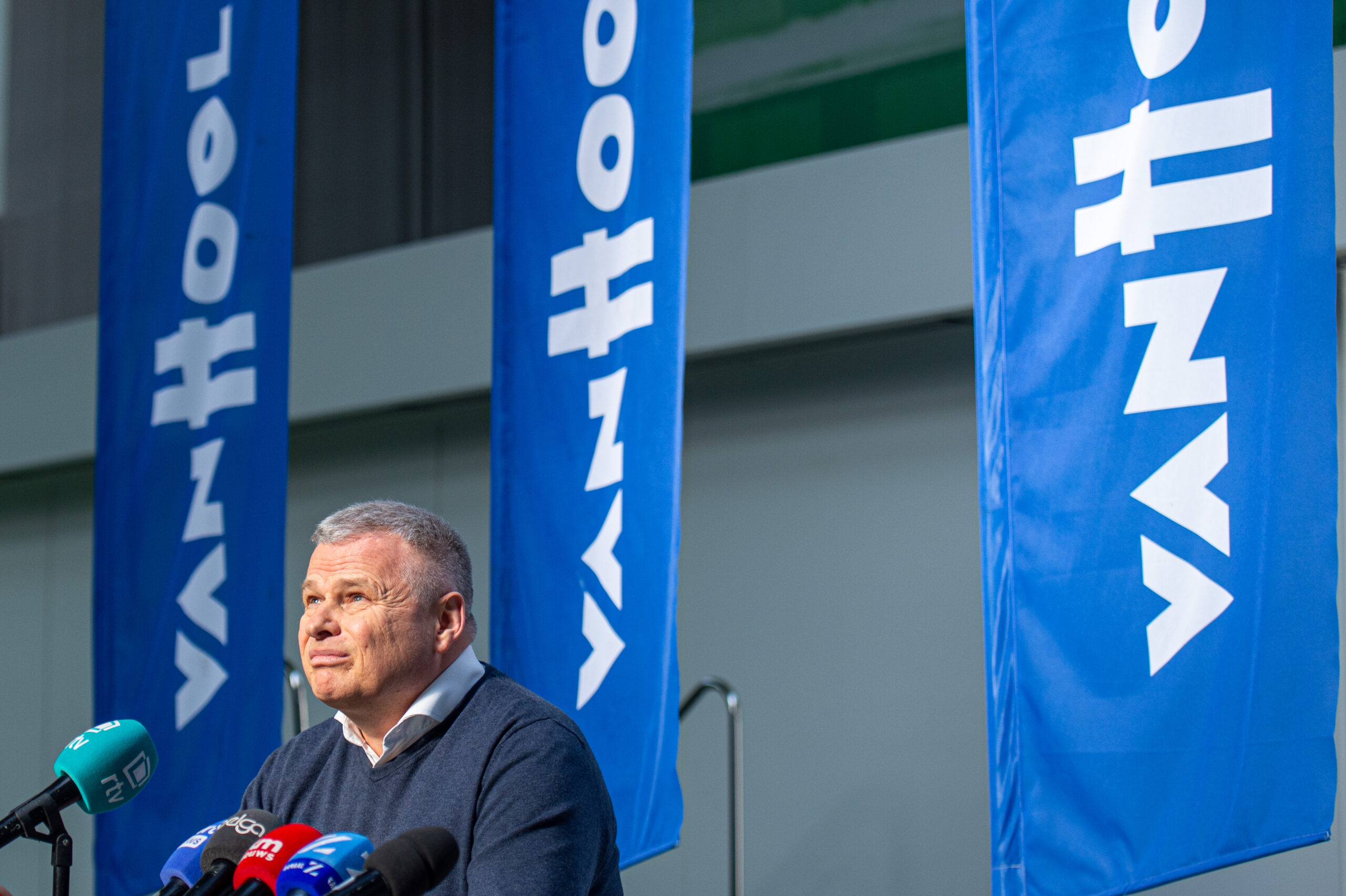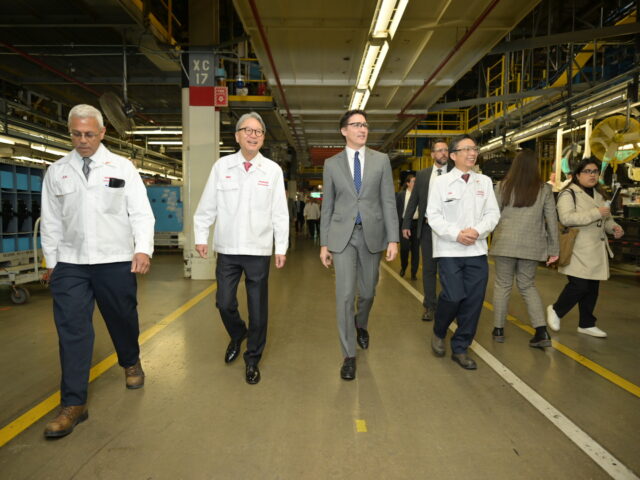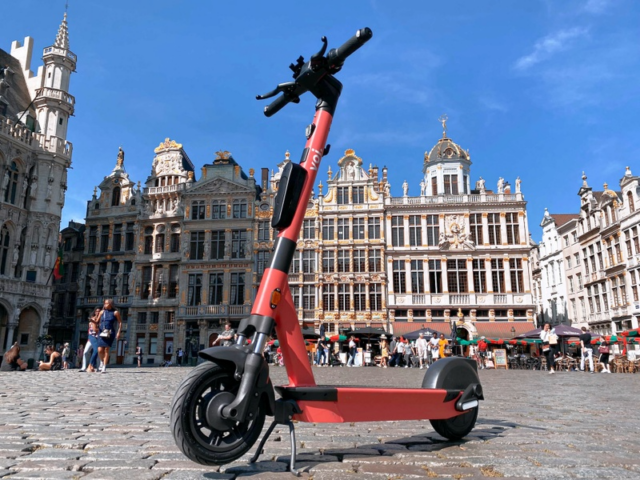On Tuesday morning, 2,400 Van Hool employees wanted to start working again in Koningshooikt (Lier) to keep the Belgian bus builder factory going. Still, management sent them home for the next two weeks, awaiting the bankruptcy verdict.
They are left with a resigned mood and uncertainty after hearing on Monday that going belly-up is unavoidable, as the family who has owned the company for 75 years didn’t find reconciliation.
Crisis manager Mark Zwaaneveld confirms he’s talking to three interested parties who want to quickly relaunch the company after getting rid of its €400 million debts: Belgian entrepreneur Guido Dumarey and Dutch bus builder VDL, which is preparing a joint bid with an undisclosed third – but definitely European – partner. Whether MAN is involved has not been confirmed.
Zwaaneveld had given the family an ultimatum to solve the problems by Monday to push through his restructuring plan. That plan proposed continuing with a workforce reduced by 1,116 jobs and transferring all bus production to Van Hool’s factory in Macedonia.
Jeopardizing a take-over
However, the descendants of founder Bernard Van Hool’s eight sons and two daughters didn’t manage to bury the hatches among themselves in a heritage question that jeopardizes a third party’s take-over.
When Bernard Van Hool died in 1974, he divided the company among his eight sons, giving them all leading positions and parts of the enterprise while leaving his two daughters, Ingrid and Simone, out.
Later, in 1999, three of the eight sons decided to sell their part of the shares to the other five brothers and their descendants, but again, the sisters were left out. Their descendants did not leave it at that and went to court. A judge decided to ‘freeze’ two-thirds of the company’s shares until the inheritance question was solved, which isn’t the case today.
Finding new investors – a critical condition for the Flemish government to give its support – would come later in his restructuring plan, Zwaaneveld told De Standaard. But that would be impossible as long as the family quarrel continued, as no one would risk seeing his money flow away to descendants of Bernard Van Hool.
Fighting family ruled out?
With bankruptcy, which is now unavoidable and scheduled for the beginning of April, the ‘fighting family’ is ruled out. Or is it not?
Going belly-up means that all five brothers and two sisters will lose their actual shares or those they claim to in the Van Hool corporation, which hosts the group’s industrial activities. At the same time, the family gets rid of the €400 million debts, the sword of Damocles hanging over them.
But whoever of the two candidates for a take-over wins, he will still have to reckon with the remaining family branch of the five brothers, of which current CEO Filip Van Hool is part.
Real estate family-holding
All real estate – the factory buildings and parking lots in Koninghooikt and the new factory in Skopje (Northern Macedonia) – is part of another family holding (owned by ‘the five’) called Immoroc. These assets are unaffected by bankruptcy and will need a relaunch with new owners.
So, for 2,494 employees at the company’s main factory in Koningshooikt, the skies are still obscured by clouds as nobody knows how many jobs will be saved in a take-over. Bankruptcy and a quick relaunch could be a better option for them than Zwaaneveld’s plans, which ended in the waste basket.
Although the company desperately needs a solid restructuring to cut production costs, it still has a well-filled order book for luxury coaches, which it excels at, and industrial vehicle trailers, which are still profitable.
Only Dumarey shows his cards
At least, Guido Dumarey publicly revealed in an interview with De Standaard what he would do if he could acquire the Belgian bus builder. He intends to continue production in the Belgian main factory, with 1,800 of the current 2,494 employees, as well as the 2,000 in Macedonia, where labor costs are one-fifth of those in Belgium.
Still, he sees a need to drastically streamline bus production to reduce costs by implementing a new enterprise resource planning (ERP) system before the end of 2024. He will be using readily available components and offering fewer options and more standardized features rather than continuing on the path of bespoke manufacturing, which is Van Hool’s specialty today.
He also sees opportunities for industrial vehicles (a wide variety of specialty truck trailers) where Van Hool is still profitable, which could be expanded with a defense branch.




Comments
Ready to join the conversation?
You must be an active subscriber to leave a comment.
Subscribe Today